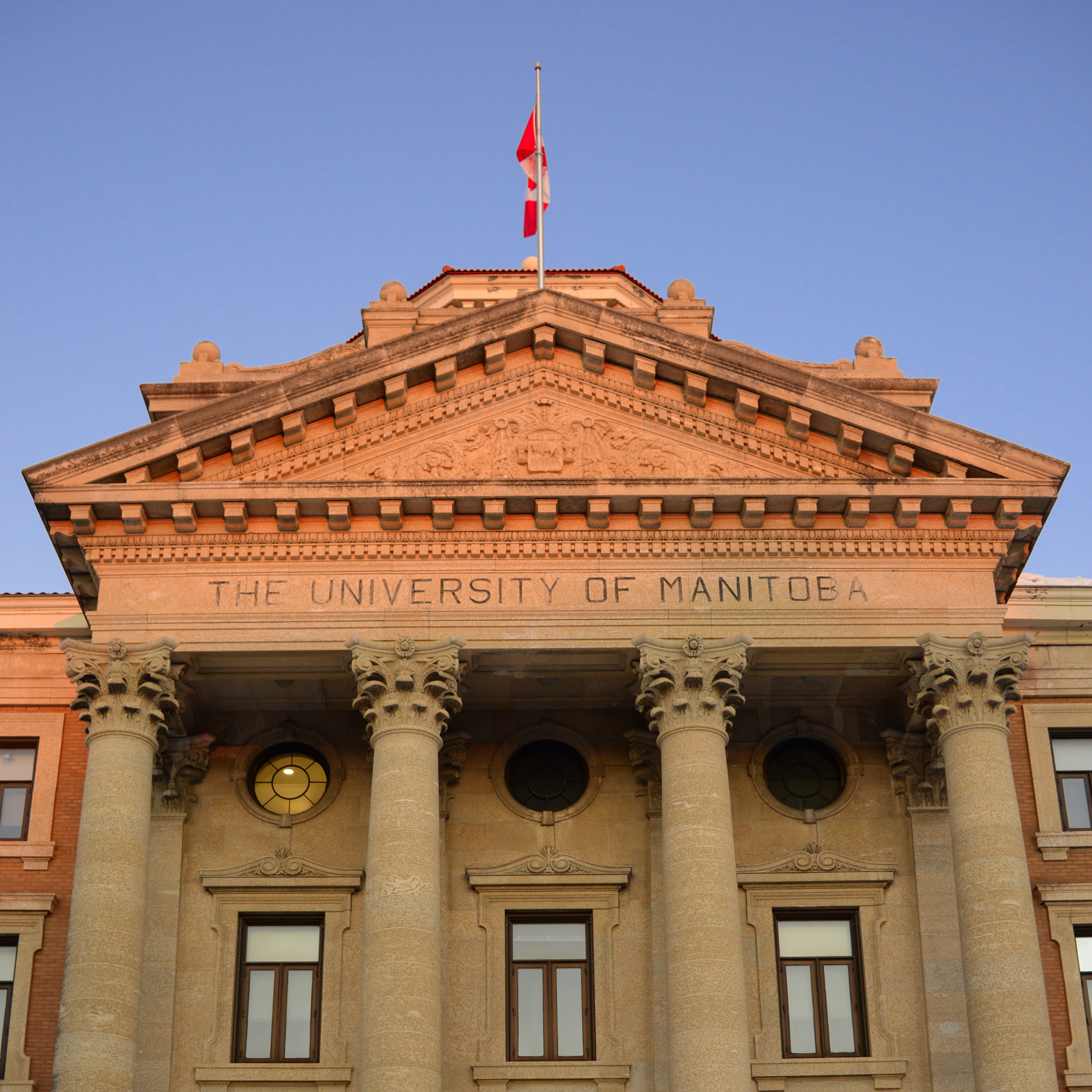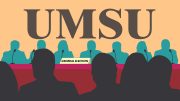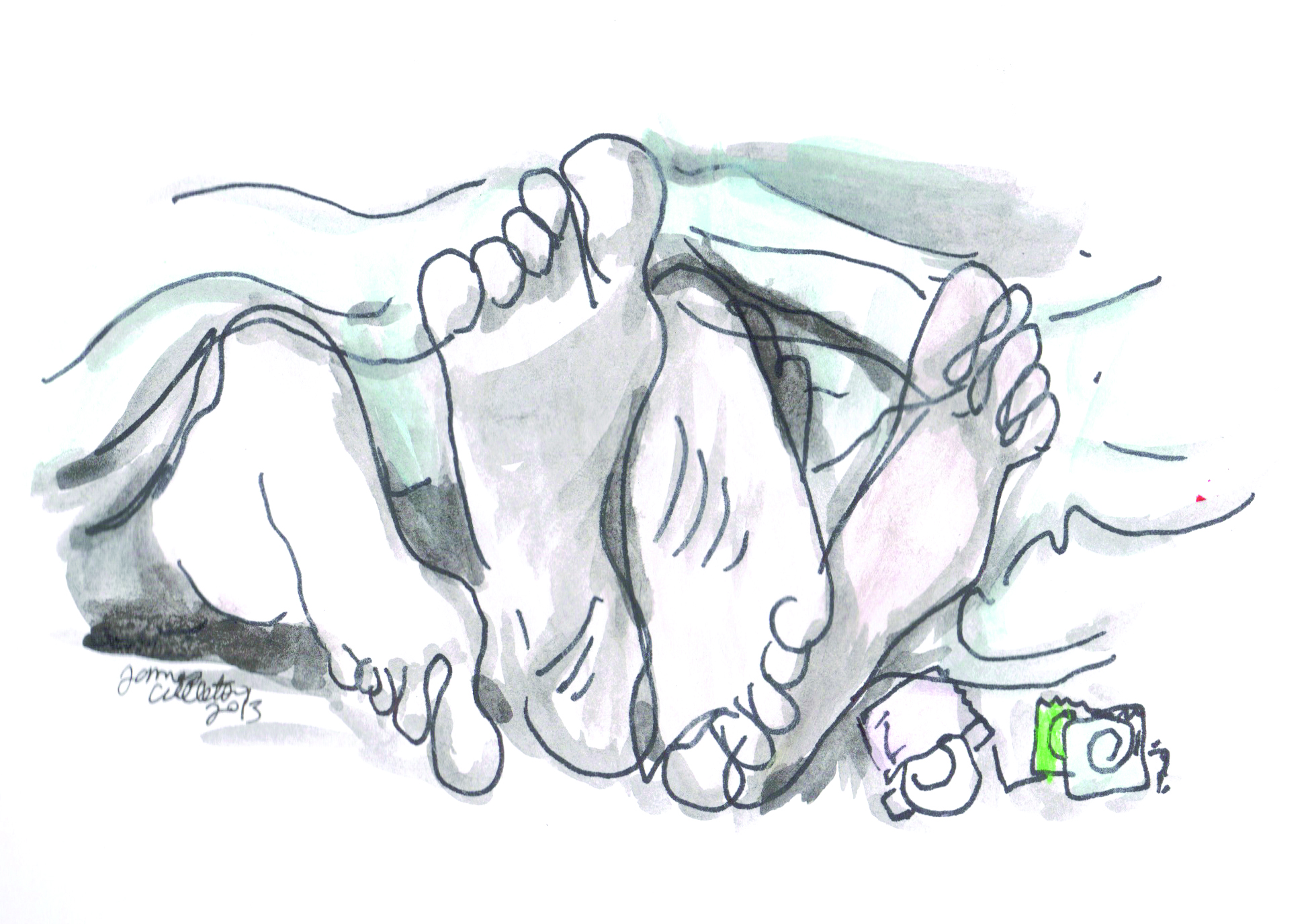Finals took on different forms last semester as the U of M completed a fall term consisting of mostly remote courses.
Phase three of U of M’s COVID-19 recovery steps stipulated that in-person assessment for the fall 2020 term would only be approved in exceptional cases. This follows from the winter 2020 term where no in-person finals occurred.
Assessment methods have been adapted accordingly.
In the Desautels faculty of music, associate dean (undergraduate) Laura Loewen described unique challenges for students.
The COVID-19 virus can transmit at greater distances while singing or playing wind instruments. In the faculty of music, ordinarily live performances had to be recorded by performers alone and played back.
“To actually learn how to make music with something that can’t react to you has been an extraordinary journey for all of us,” said Loewen.
Other faculties updated final exam formats to address concerns of academic misconduct.
Andrew Frederiksen, associate dean (academic) of the Clayton H. Riddell faculty of environment, earth and resources found success in adapting exams to the online format. Upper-level exams in the faculty were often successful when treated as “take-home, open-book exercises.”
“We’ve seen more misconduct issues in fall term than in a typical non-remote term, but fewer than in winter 2020,” said Frederiksen. “Hopefully as both students and instructors have more time to grow accustomed to online teaching, evaluation methods will continue to improve and students will be less likely to succumb to temptation.”
Heidi Marx, associate dean (undergraduate) in the faculty of arts, had a similar suggestion.
She recommended “cheat-proof” assignments within her faculty.
“By that, I mean assignments that require students to engage with course materials in more meaningful ways than just rote memorization,” she said. She encouraged testing methods more in-depth than most multiple-choice exams. Feedback has been received on these new evaluation styles.
Justin Lane, a third-year student in the faculty of science, described the remote testing experience in his biochemistry class.
“The teacher was watching you like a vulture the whole exam and if you made the wrong move it’s assumed you’re cheating […] not exactly a great thing to worry about when a large chunk of your grade is on the line,” he said.
Problems regarding a particular testing format used this term became apparent to UMSU’s vice-president advocacy Kristin Smith. In this testing format, students are restricted to move through exam questions in a particular order.
“I think it’s important to recognize that there are varying experiences with final exams, so not everybody hates it, sort of how it’s been presented to them,” said Smith. “But other people do have poor experiences and it’s very faculty-specific.”
Students have expressed concerns with this format.
“It eliminates strategies students use to make the exam easier, such as filling out the easy questions [first and] then returning to the harder ones later when you are in the zone or have had time to think about it,” said Lane.
These issues prompted a response from the university. In a memo on exam best practices for the upcoming term, U of M vice-president (academic) Janice Ristock recommended testing that more closely aligned with in-person assessments.
The U of M’s use of exam surveillance software has also generated feedback. This term, instructors could opt to use Respondus Monitor, a software that uses students’ webcams and locks their browsers to invigilate assessments. The university’s use of the software has raised concerns about privacy and testing stress.
Martha Koch, assistant professor in the faculty of education, does not think the software should be used at all.
“We just can’t pretend that this sort of software is the equivalent of asking students to leave their backpacks and cell phones at the front of the exam room,” she said.
The faculty of education will host a virtual forum on exam surveillance software in February.
Remote assessments have prompted positive feedback as well. Marx reported a very positive response toward remote teaching from the faculty of arts’ Virtual Undergraduate Student Town Hall held last month.
“The impression we have is that overall, students and teaching staff in arts are finding ways of working through the challenges of teaching and learning under our current circumstances together in a spirit of mutual understanding and generosity,” she said.
Loewen pointed out the benefits to remote assessments.
“I think that the job is to stay creative and open and […] undaunted by this,” she said. She noted that this type of learning “will change us and give us different options than we had before.”





